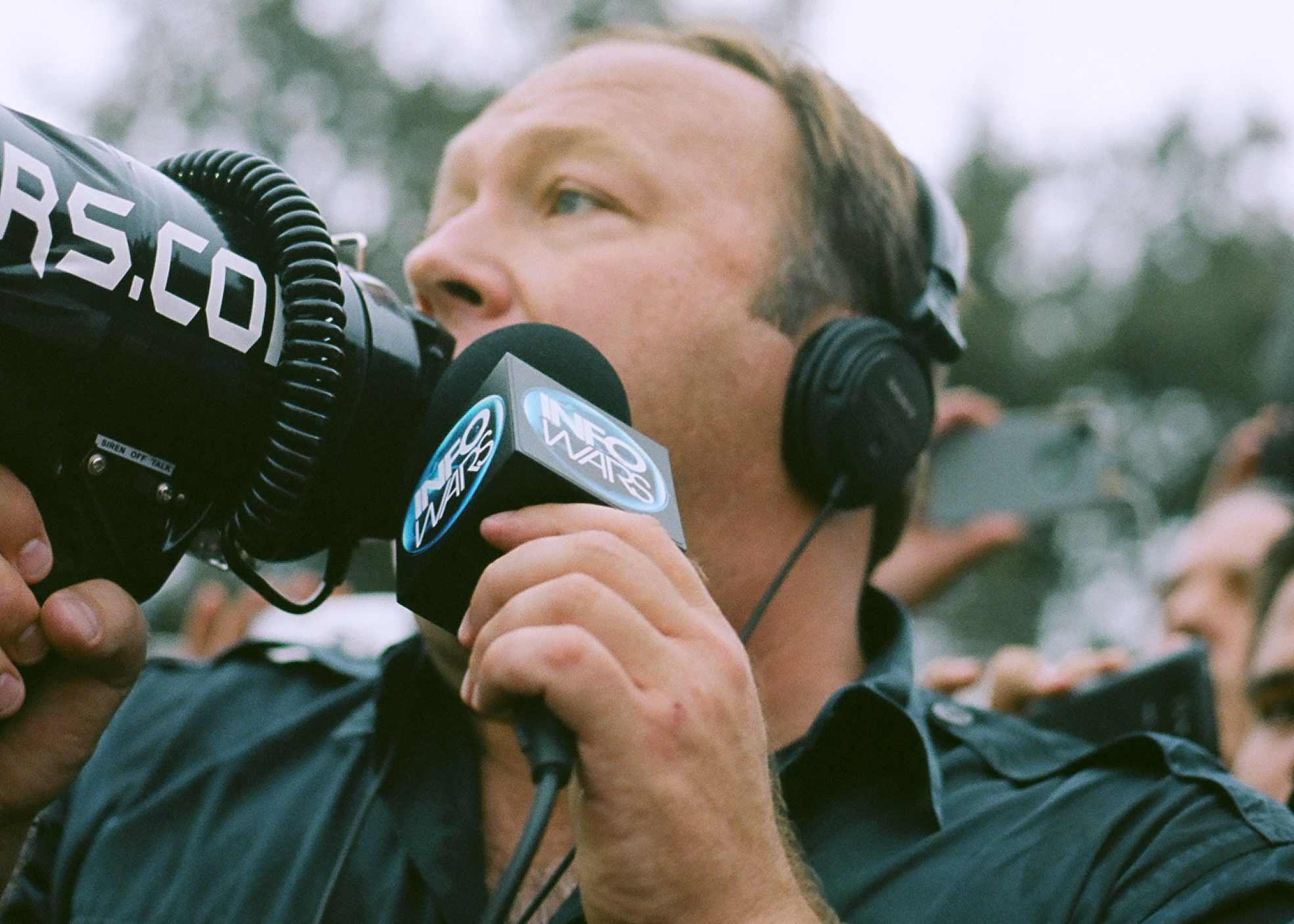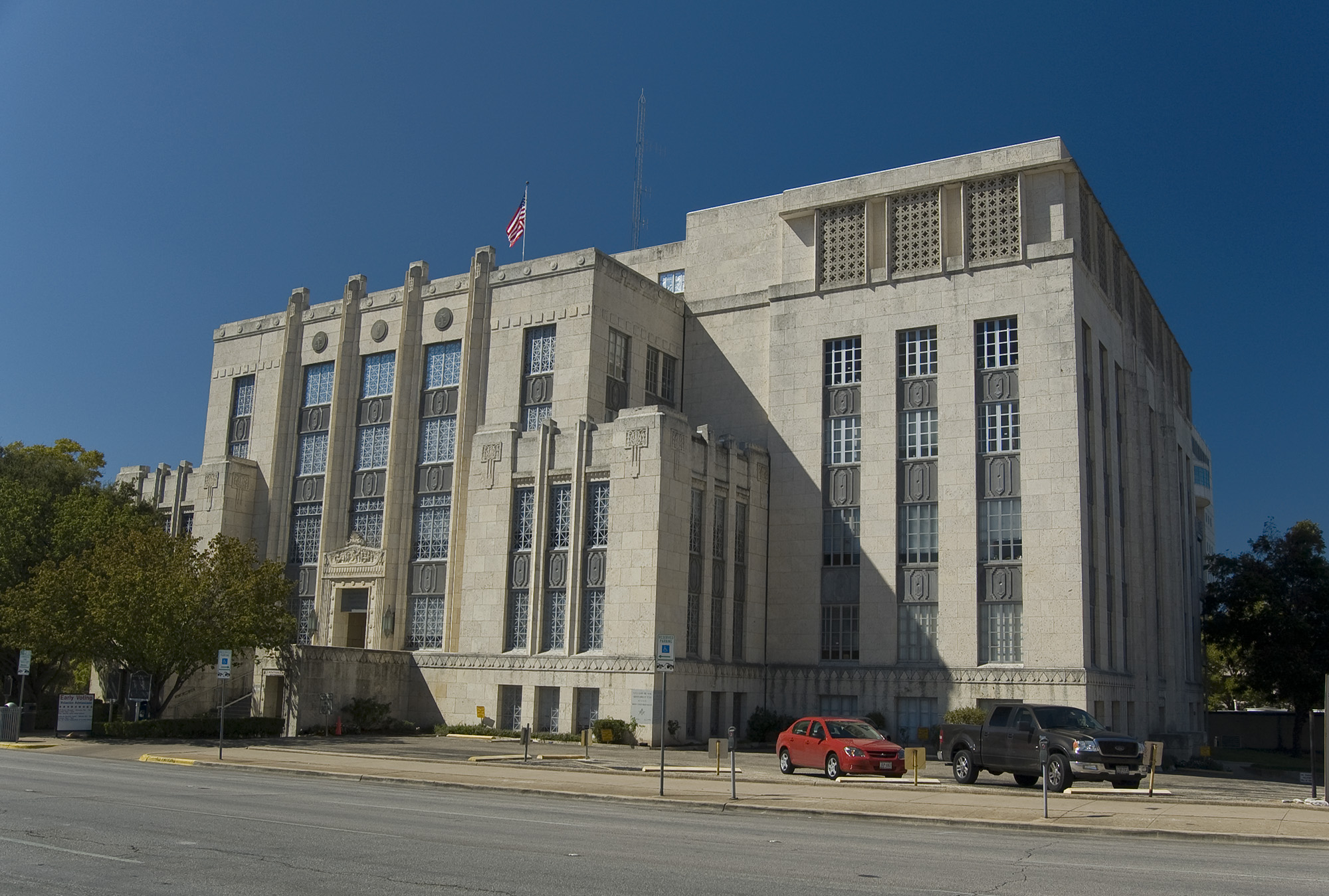I didn’t officially attend SXSW 2012, but it was the first year I got into the convention center.
I had been invited to share my experiences with Anonymous at a panel about the documentary “We Are Legion” which played at the film festival. I had plenty to share — most notably, Anonymous helped us identify Austin Police officer Jason Mistric after he threatened me with pepper spray on the night Occupy Austin got evicted from its encampment in 2012.
Of course, the city had likely evicted our camp in order to make sure we weren’t cluttering up the city hall steps when Southby came to town, so what came next felt somewhat appropriate. After the panel, I gathered with two other occupiers that had found their way into the convention center and Mic Checked a speech by George Friedman, the CEO of Strategic Forecasting, a corporate intelligence agency which had helped infiltrate and spy on Occupy along with other activists groups, and helped send political prisoner Jeremy Hammond to prison.
Of course, security soon got involved.





